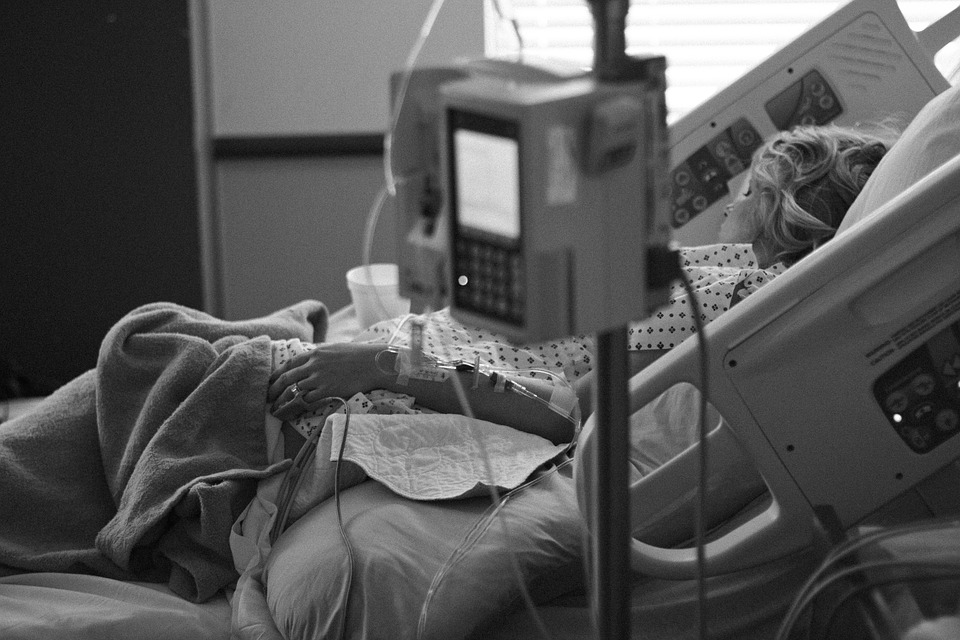Dylan Stoll | Health Editor
Featured Image: Immunotherapy set to be the preferred avenue of cancer research in the future. | Courtesy of Pixabay
Anew breast cancer vaccine formulated by researchers at the Mayo Clinic in Jacksonville, Florida has been causing quite the commotion after its first successful clinical trial run.
Lee Mercker, the first candidate, was diagnosed with an early stage of breast cancer referred to as ductal carcinoma in situ (DCIS) stage zero. “DCIS is an abnormal growth of cells that occurs within the ducts of the breast,” said Dr. Amy Degnim, a surgeon at the Mayo Clinic. “These cells then can have the potential to grow into an invasive cancer.”
Faced with these facts, Mercker decided that she would undergo the treatment, despite the reality that she would be the very first to do so. “I signed on the dotted line that day,” she said to WLTV.
The vaccine, like your average flu shot, is designed to give your immune system and its antibodies the ability to fight off a specific type of cancer on their own. By injecting a whole cancer cell, an antigen (structures on the surface of the cancer cells), DNA, or idiotype (the part of an antibody that determines the antigen it will attack) into your body, your immune system becomes acquainted with the cancer in question, and therefore “learns” what to attack.
The procedure is the least invasive, requiring a series of shots over the course of 12 weeks; this is a preferable option to chemo or radiation therapy. “They’d make your shot right there on the spot for you,” Mercker explained.
Amazingly, within months the cancer had been eliminated from Mercker’s body, but just to be sure, she had a double mastectomy. “I feel like I walked on the moon,” she said to Fox 35. “I worked in an industry with tons of women and I saw all kinds of stories, and it’d just be really nice to stamp this [breast cancer] out.”
The vaccine has recently been tested on patients with stage four breast cancer and has fortunately showed positive results. The researchers aim to test the vaccine on healthy patients, so as to determine if it can be used as a proactive measure against developing breast cancer in the first place.
“If we’re able to have the immune system trained to recognize abnormal cells, or cancerous (or) precancerous cells, then maybe the immune system can eliminate them before they even develop,” said Dr. Degnim.
Immunotherapy has become a preferred avenue of research, not only in breast cancer, but in a number of other cancers as well, including lung and prostate. The market is expected to hit a staggering $101.6 billion valuation by 2023.
However, as incredible and inspiring as immunotherapy sounds, it should be noted that in some cases, treatment has resulted in a dysregulation of the immune system. This in turn has led to autoimmune disorder-like symptoms, which can put every organ of the body at risk. Before attempting any procedure, be sure to weigh the pros and cons that your oncologist has provided very carefully.




